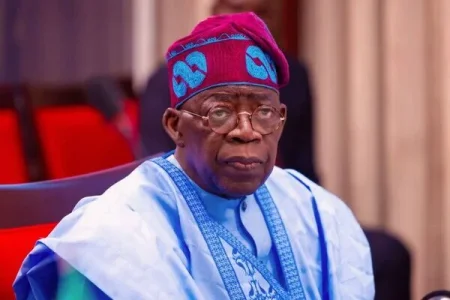
The Federal Government (FG) has taken the unusual step of filing criminal defamation charges against opposition Senator Natasha Akpoti-Uduaghan – but who exactly is the "FG" in this case, and why is the government involving itself in what appears to be a personal dispute? This explainer breaks down the players, motives, and implications.
1. Who is the "FG" in this case?
- The Federal Government refers to Nigeria’s executive branch, led by President Tinubu and implemented through agencies like:
- Ministry of Justice (which files criminal charges)
- Police/DSS (which investigates alleged crimes)
- In this suit, the FG is represented by federal prosecutors, not private lawyers.
2. Why is the FG involved in a defamation case?
- Legal Grounds: The FG claims Akpoti-Uduaghan violated Sections 391/392 of the Penal Code (harmful imputations). Since these are criminal (not civil) charges, only the state can prosecute.
- Political Context: The FG argues her remarks could:
- Undermine public trust in institutions (Senate President Akpabio is a witness)
- Threaten "public peace" (a common justification for state intervention)
3. Is this normal?
- Rare for Senators: FG typically avoids prosecuting lawmakers for speech unless it incites violence.
- Precedent: Similar cases (e.g., Dino Melaye in 2018) were widely seen as political.
4. Who benefits?
- Akpabio/Bello: Both have public feuds with Akpoti-Uduaghan; their testimony suggests personal grievances may influence state action.
- The Ruling APC: Silencing a vocal opposition figure ahead of the 2027 elections.
Should the FG stay out of politicians' disputes, or is this a legitimate use of state power?



